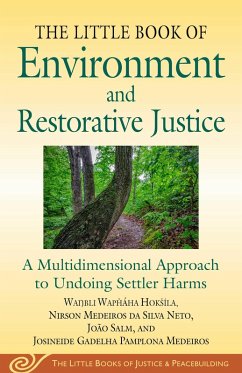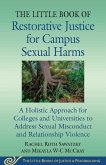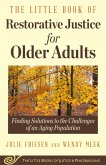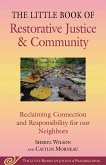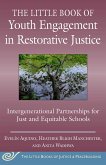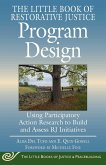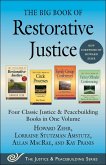This little book discusses paths to address environmental conflicts based on a restorative justice perspective of imagining, practicing, and living justice. It proposes an approach that understands the relationship between humankind and environment beyond the narrow conception of homo economicus, considering the human beings in their social, political, economic, historic, spiritual, cognitive, emotional, aesthetic, and ecological dimensions, as well as in their connection with nature and non-human entities.
When applied to environmental problematics, restorative justice needs to widen its perspective beyond an anthropocentric worldview, transcending the interpretation that human beings are the exclusively subjects of dignity, rights, needs, and speech capability. It is necessary to dilate horizons towards non-human entities and the natural spaces we inhabit and with whom we are deeply connected. This dilation should stimulate justice experiences that integrate building peace, sustainability, and good living, beyond ideas such as unlimited economic growth and even sustainable development. To this end, a restorative conception of justice implies an expanded understanding of justice that faces structural, cultural, institutional, and historical violence, as well as deals with intergenerational responsibility that integrate the present generations to those of the past in order to build the desired future for the generations to come.
Dieser Download kann aus rechtlichen Gründen nur mit Rechnungsadresse in A, B, BG, CY, CZ, D, DK, EW, E, FIN, F, GR, HR, H, I, LT, L, LR, M, NL, PL, P, R, S, SLO, SK ausgeliefert werden.

